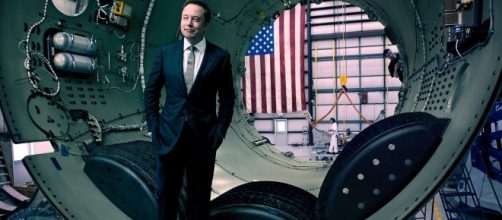The founder of Tesla and SpaceX, the creator of Hyperloop and president of SolarCity, Elon Musk, has founded a new company named "Neuralink" which aims to create super-intelligent human beings. A report published by The Wall Street Journal explains that the enterprise is in its initial phase and was registered in California as a medical research firm. Musk confirmed his involvement in the project through Twitter and explained that the primary goal of the company is to enhance human cognitive abilities through Artificial Intelligence.
A layer of artificial intelligence
Last summer, Elon Musk participated in the "Code Conference" (an event organized by 'Recode' - a technological news portal) and during his presentation, he spoke on the subject. He also said that he is worried about the development of artificial intelligence which will ultimately leave humans behind. That is why he wants to add a "layer" of artificial intelligence to our intelligence.
"Artificial intelligence will leave us far behind. We could become pets for machines," Musk said. "I think the best solution is to have a layer of artificial intelligence that can work well biologically within us," he added. In fact, some of that technology already exists. In 2015, a group of Harvard scientists developed a mesh of electrodes that unfolds over the cerebral cortex through an injection to stimulate different parts of the brain.
Symbiosis
The founder of Neuralink also explained that if his project succeeds, scientists will be able to implant a few electrodes in the brain that could, in the future, come to discharge our thoughts. In this way, he hopes to achieve a kind of symbiosis with machines. For example, to write we will no longer need to place our fingers on the keyboard.
Simply, think what you want to write to make it appear on the screen.
In the short term, it aims to create implants that can be used to treat diseases such as epilepsy or depression. But its ultimate goal is to develop a neural network that can be implanted in our brain and that allows us to function "better."

